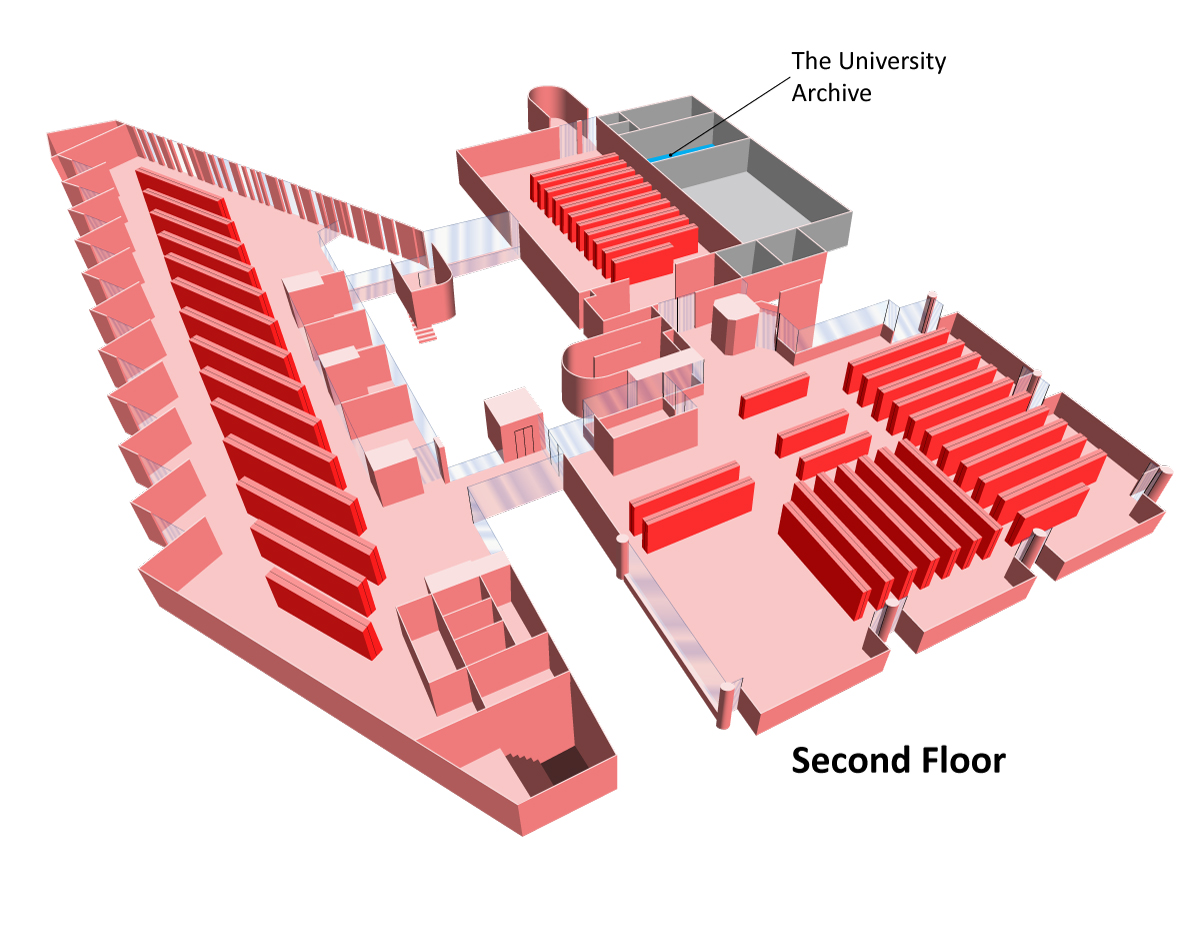Building Professional Presence & Promoting Research Excellence on LinkedIn webinar
Are you looking to boost your professional presence on LinkedIn and make meaningful professional, research, and industry connections? Join Katie Richards, Social Media Engagement Manager at the University of Portsmouth, for an informative webinar on how to use LinkedIn to …
Building Professional Presence & Promoting Research Excellence on LinkedIn webinar Read more »





